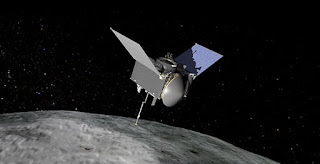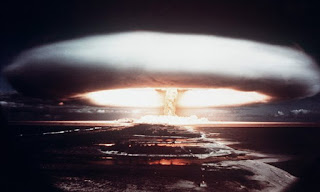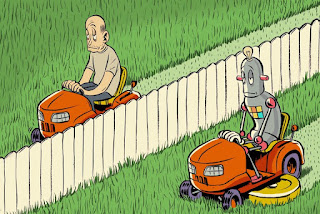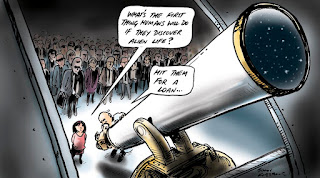 |
| Image Source: SETI Institute, Osiris-REx |
Topics: Asteroids, Astrophysics, NASA, Planetary Science, Space Exploration
MOUNTAIN VIEW – NASA’s OSIRIS-REx spacecraft is slated to launch from Cape Canaveral on Thursday, September 8th. Its mission is to rendezvous with asteroid Bennu in 2018, take a sample from its surface, and return that sample to Earth in 2023.
Why are scientists so interested in this ancient lump of rock? First, Bennu is one of the darkest objects in the Solar System, suggesting it is rich in organic materials that might have seeded Earth with the starting blocks of life. We cannot find these materials today, because the organic compounds that first fell to Earth have long since disappeared – processed and endlessly recycled by geology and biology. On Bennu however, these mysterious compounds have been almost perfectly preserved. Bennu is a veritable museum in space that has been waiting 4.5 billion years to open its doors to Earth’s scientists.
Scientists are also interested in the so-called Yarkovsky effect. This is a process whereby solar radiation gently nudges the asteroid, subtly changing its orbit. By being up-close with Bennu, we can better understand how surface properties affect this process. Combined with understanding material properties, this enables us to better predict if and when this asteroid might impact Earth in the 22nd century. It is a potentially dangerous lump of rock, already on our watch list.
SETI.org: Mission To Examine The Past And Safeguard The Future










